News - BES Impact
One of the priorities of the 2015 British Election Study team is to maximize the use and reach of BES data and BES research findings. BES data provides in-depth understanding of the way representative democracy functions in British elections. It provides unique insights into British public opinion, participation, attitudes towards politics and explanations of electoral outcomes. The 2015 BES team is maximizing the usefulness and impact of the BES via:
• An extensive programme of events between 2013 and 2017 in England, Scotland and Wales.
• The release of BES findings for dissemination via national media outlets.
• Expert commentary in national and international media.
• Partnership with the Electoral Commission to study individual electoral registration effects, culminating in a joint report.
• A BES data playground to allow any interested user to access and analyse BES data online (coming soon). We expect this tool to be particularly useful to non-academic researchers in government, political parties, campaigns, charities and think tanks, and to journalists. This will also be of special use to undergraduate and graduate students wishing to explore BES data.
• An Advisory Board with significant expertise in election studies and research into electoral behaviour.
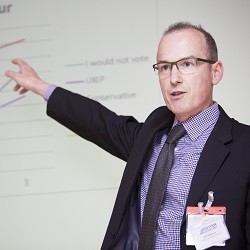
Will younger voters turnout to vote? By Ed Fieldhouse
There has been a lot of speculation about the turnout of young voters in tomorrow’s General Election. In 2010 only an estimated 44% of the under 25s voted compared to 65% overall. But with a close run and unpredictable election turnout may well be higher…
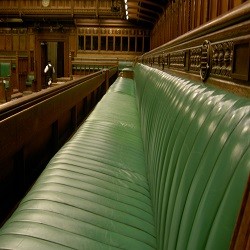
BES FactCheck #GE2015
This page will be regularly updated on election night to fact check the claims and counter claims of politicians in real time. A British Election Study team led by co-Director Professor Cees van Der Eijk from The University of Nottingham’s will be scanning the election…
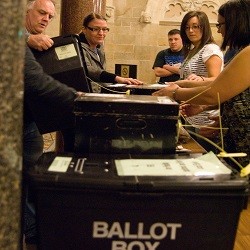
Join BES Fact Check on election night
Join BES Fact Check on election night Britain’s most detailed study of electoral behaviour is to fact check the claims and counter claims of politicians in real time on General Election night. A British Election Study team led by The University of Nottingham’s Professor Cees…
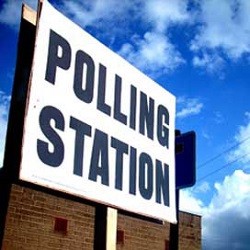
British Election Study 2015 General Election Constituency Forecast
By Jon Mellon and Ed Fieldhouse Because of its large sample size, spread across the 632 constituencies of Great Britain, the British Election Study Internet Panel is a valuable tool for understanding how voters are switching between parties. We have developed a BES ‘nowcast’ model…

The Ongoing Independence Referendum in Scotland: Implications for 7th May 2015
By Jane Green and Chris Prosser There is no doubting that the Independence Referendum has had a profound impact on vote intentions for May’s general election. British Election Study (BES) data reveals the depth of that impact, in particular the impact of the transfer of…

The Ebb and Flow: How the flow-of-the-vote adds up to a Liberal...
Most political commentators agree on one thing about the forthcoming General Election: it is too close to call. A conference on forecasting the 2015 British General Election, held at the London School of Economics today reveals that twelve forecasting teams (including the BES) all predict…

Jane Green on BBC Radio Four’s WATO
Hear Prof Jane Green speaking about her research which finds that the experience of coalition could have a ‘profound impact’ on the electoral success of Ukip, the Greens and the SNP. It was broadcast on BBC Radio Four’s The World at One on 27 March

Conservative Assets and Liabilities
By Jane Green and Will Jennings This blog is based on analysis prepared for the Political Studies Association media briefing held on 24 March 2015. It considers the strengths and weaknesses of the Conservative party entering the general election campaign to reflect upon what may…
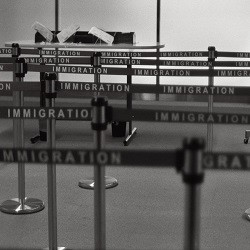
Financial Literacy and Attitudes Towards Immigration
By Dr George Panos and Prof Robert E. Wright. Financial literacy is the ability to use knowledge and skills to effectively manage financial resources at a personal-level. It is more than numeracy—“being good with numbers”—although numeracy is important in its own right. It includes for…

Subjective v objective changes in personal finances
By Dr Chris Hanretty Like most elections, this election will be fought on the basis of the economy. The Conservatives and the Liberal Democrats will argue that the economy is growing. Labour will argue that living standards are stagnant or declining. As a result, many…
